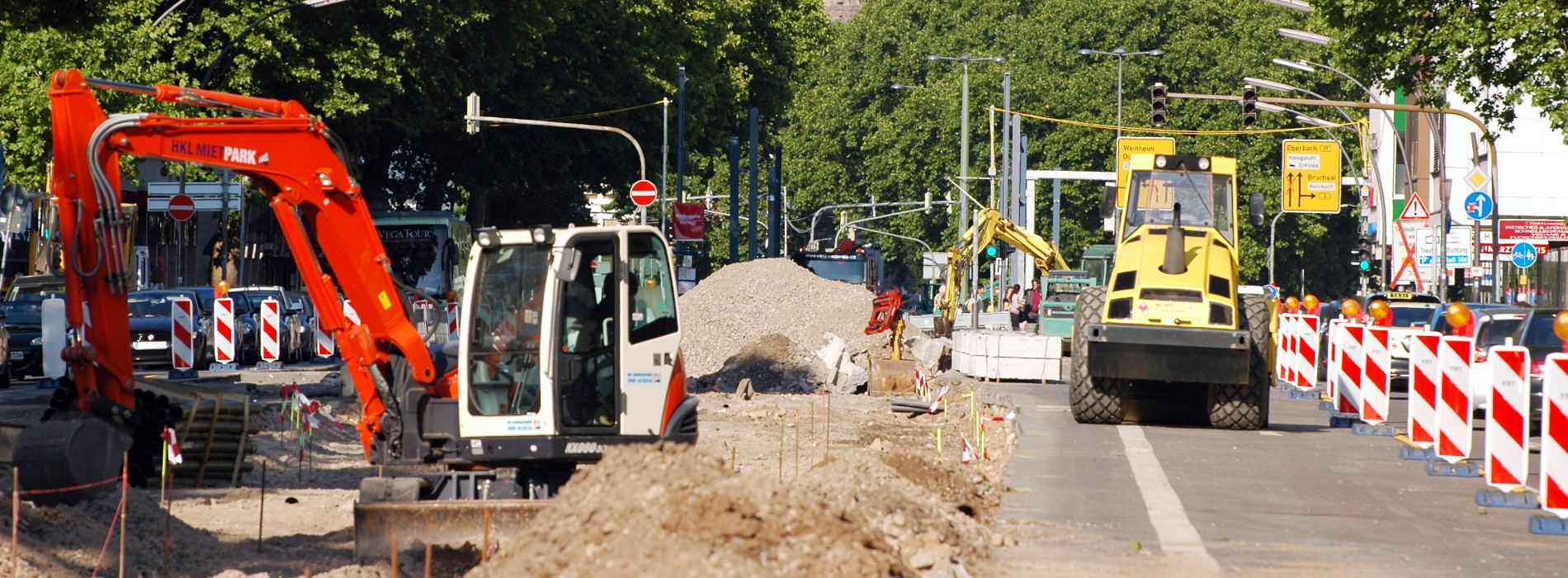Cities and municipalities are called upon to adapt to climate change
However, since the economic stimulus and future package hardly provides any direct incentives for climate impact adaptation measures, the cities and municipalities are called upon to act. They must use the scope that is now emerging for additional climate adaptation measures and strengthen the green infrastructure. This will be made possible in particular by the following projects announced in the economic stimulus package:
- The noticeable financial relief for the municipalities as a whole,
- the provision of an additional one billion euros this year and next year for the expansion of kindergartens, day-care centres and crèches,
- the acceleration of the investment program for the expansion of all-day schools and child care,
- the increase of EUR 500 million in programmes from the joint expenditure "Improvement of the regional economic structure",
- additional support for the national climate protection initiative in the amount of 100 million euros,
- support for climate adaptation measures in social institutions
- additional funding for riverbank rehabilitation and the conversion of waterways.
Effects on planning offices and landscape architects
Some measures lead to changes in economic conditions for the profession:
- Reduction of value added tax,
- temporary simplification of public procurement law,
- stabilisation of social security contributions,
- tax loss carry-back,
- declining balance depreciation for wear and tear.
Of importance for planning practice are, for example, the objectives:
- Program to reduce bureaucracy,
- acceleration of planning law,
- simplification of public procurement law,
- material preclusion in conformity with European law.
In order to increase acceptance, the federal states will be given the option of specifying minimum distances of 1,000 metres for wind turbines when expanding renewable energy.
Action paper of the planning and construction industry for implementation
Central proposals to stimulate the economy by the planning and construction industry, which were presented to politicians in various position papers, have found their way into the law.
However, the immense range of possible fields of action for the planning and construction industry, such as urban-relevant climate adaptation, the mobility turnaround and the transformation of our cities, the qualification of public spaces or the promotion of social housing, was hardly included.
Nevertheless, it is important to implement the economic stimulus package in a targeted, speedy, complete and high-quality manner. The planning and construction industry has the potential to have an enormous economic stimulus effect of high social value.
In this context, the planning and construction industry proposes four fields of action:
- Measures for climate protection,
- measures for public infrastructure and services of general interest,
- measures for digital infrastructure,
- measures for the stabilization of urban and rural functions.
Redakteur/in
Jörn Hagenloch



